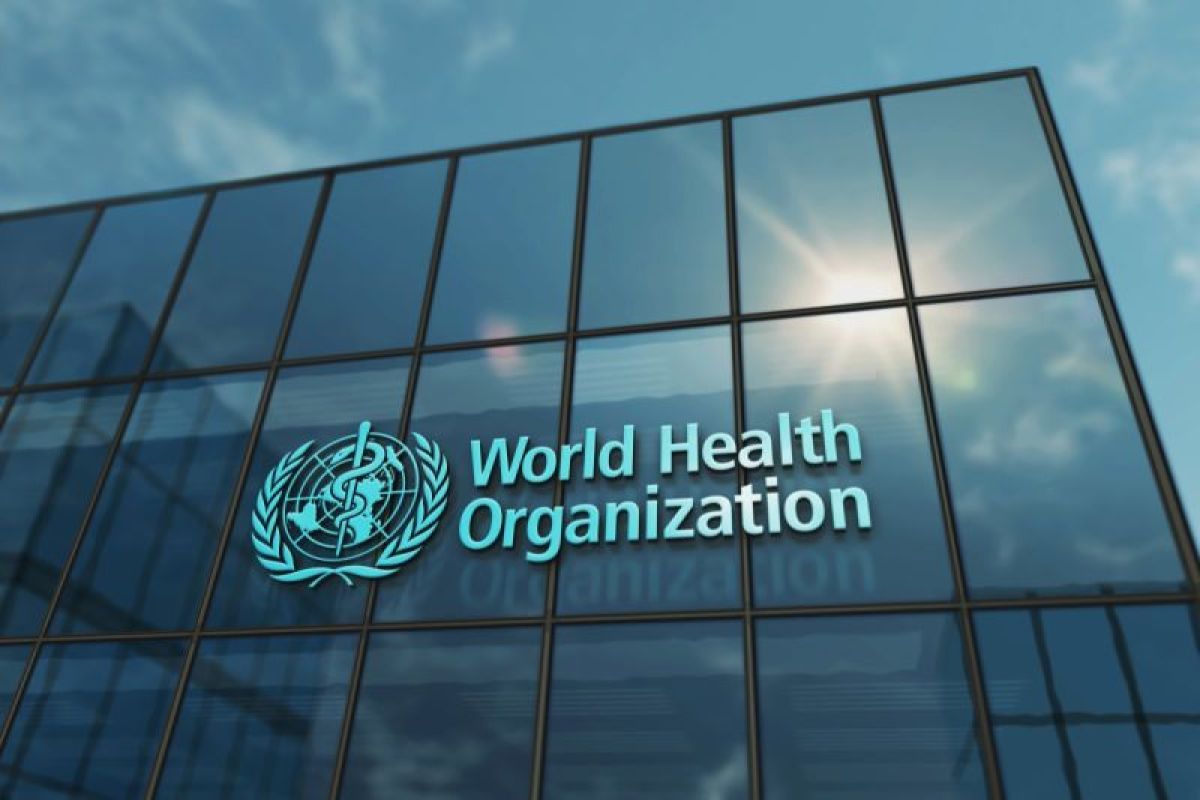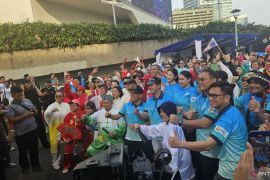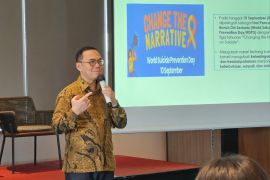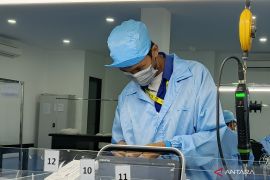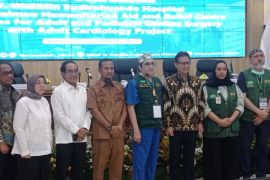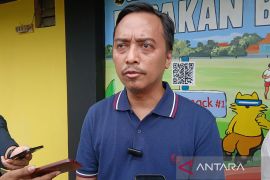The Ministry of Health's spokesperson, M Syahril, said that Indonesia focuses on strategic issues like surveillance systems, technology transfer, and equitable access to face pandemic threats in the negotiations.
"Equity between developed and developing countries will be consistently championed in the negotiation proceedings," he said in a statement from the ministry on Wednesday.
He said that the negotiations will be extended, with the target to be completed by next year.
"Negotiations have been ongoing since December 2021 but have not reached an agreement, so the 77th WHA session decided to extend the negotiations until the next session," he added.
He noted that, alongside the extension, the assembly also agreed to amend the International Health Regulations (IHR). This amendment is expected to improve WHO member countries' preparedness for detecting and responding to health emergencies.
The principles of equitability and solidarity highlighted in the IHR emphasize collective and equitable responses to pandemics and emergencies.
Syahril said that Indonesia prioritizes four key issues in the Pandemic Treaty negotiations: pathogen access and benefit sharing, the One Health instrument, technology transfer, and financing. These issues all address the disparity between developed and developing countries.
Regarding pathogen access, Indonesia calls for fair sharing of data, especially for pathogens and genetic sequences. Additionally, the government pushes for international data standards and interoperability, as exemplified by Indonesia's Material Transfer Agreement for avian influenza specimens.
Syahril also highlighted the government's concern with the formation of the One Health instrument, which aims to regulate the health of humans, animals, and the environment in a comprehensive manner.
He remarked that such an instrument can come into fruition in developing countries with the support of developed nations.
They support equitable technology transfer for public health that can be utilized by Indonesia and other developing countries in becoming hubs for the development of local manufacturing capacity for vaccines, therapies, and diagnostics so as to promote self-sufficiency.
Indonesia also calls for transparent and non-exclusive permits, particularly during pandemics. Currently, the country ensures that efforts are made so that technology and innovations can be accessible to everyone, including developing countries.
Syahril affirmed that Indonesia highlights the importance of equitable financing that can be accessed by all nations in need of it, including developing countries, in order to implement the Pandemic Treaty.
The financing can be done through the existing method, like the Pandemic Fund, which can be tweaked a little to fit the treaty, he added.
Syahril said that Indonesia will consistently fight for equality in access between developed and developing countries in order to develop the pharmaceutical industry's capacity as well as pursue efforts so that negotiations can be wrapped up soon.
"At the same time, the government will continuously strengthen legislation on a national scale in order to prepare for other threats of pandemics," he remarked.
Related news: WHO, EU to help boost Indonesia's resilience against future pandemics
Related news: Indonesia pushes for inclusivity in pandemic treaty negotiation
Reporter: Mecca Yumna Ning Prisie
Editor: Anton Santoso
Copyright © ANTARA 2024
